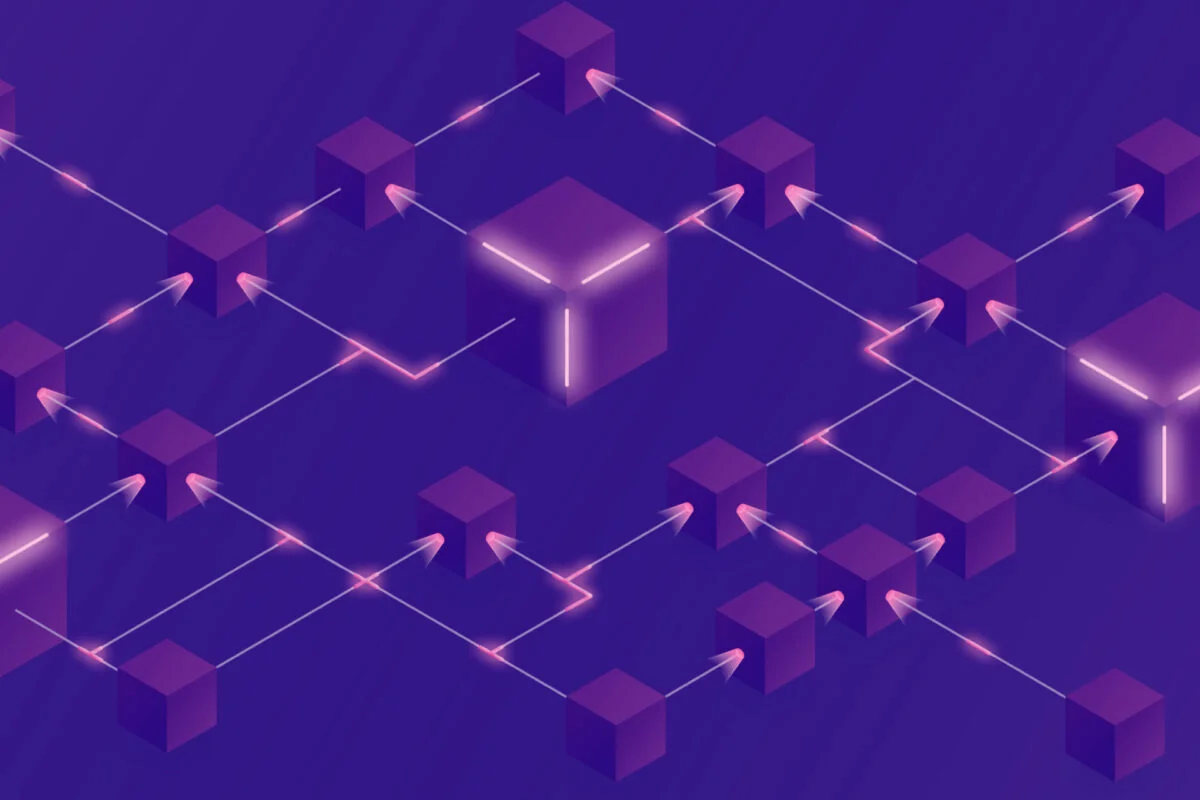Blockchain technology has emerged as one of the most revolutionary innovations of the 21st century, impacting a wide range of industries beyond its origins in cryptocurrency. Its decentralized, transparent, and secure nature offers numerous advantages that can reshape the way businesses.Governments, and individuals handle data, transactions, and contracts below, we delve into the key benefits of blockchain technology.
Blockchain Security
One of the key benefits of blockchain technology is the high degree of security it provides. No single entity can have total authority over the blockchain database due to its reliance on a distributed ledger architecture. The data becomes extremely impossible to modify once it has been recorded due to cryptographic hashing, which connects each block in the chain to the one before it. Among these include supply chain management, healthcare, and financial services.
Several sectors stand to gain substantially from blockchain technology’s exceptional level of security.Once a transaction is recorded via blockchain technology, it cannot be undone. Be altered or deleted without impacting subsequent blocks, requiring consensus across the network. Data breaches and identity theft are significantly less likely to occur if we take these measures to protect your information.
Blockchain Transparency
Since every node in the network can see the full transaction history on a blockchain, it makes transactions more transparent. Because everyone with access to the blockchain can see every transaction, confidence grows among users. When it comes to areas like supply chains, real estate, and finance, where transparency is key blockchain technology .

Makes sure that everyone is on the same page in real-time, which helps to minimize disputes and promotes accountability.In addition, an audit trail may be easily tracked since all transactions are recorded in a public ledger. Because authorities, companies, and consumers can more easily. Confirm the veracity of data thanks to this transparency fraud and corruption can be better prevented across a variety of industries.
Smart Contracts
Smart contracts, a component of blockchain technology, also automate and streamline procedures by carrying out predetermined agreements without requiring human involvement. For example, smart contracts can expedite company operations and reduce administrative overhead in supply. Chains by immediately releasing payments upon delivery of items by eliminating the need for middlemen like banks, brokers, or notaries.
Blockchain can drastically lower operating costs and increase efficiency. Several parties are frequently involved in traditional systems, and each one charges for their services. Peer-to-peer transactions, made possible by blockchain, allow people and companies to interact directly without the use of an intermediary. This decreases transaction costs and delays, especially in cross-border transactions where middlemen usually cause delays.
Decentralized Security
Blockchain is more resilient to cyberattacks because it is decentralized. Meaning that an attacker would need to compromise a majority of the network in order.To change the data which is nearly impossible with the security protocols in place this decentralization gives individuals more control over.
Their data and transactions than traditional centralized systems, where a single authority controls data and transactions. Data is stored across multiple nodes (computers) in a blockchain network, negating the risk of data manipulation and downtime caused by central system failures.
Summary
Blockchain technology, first associated with cryptocurrencies, is rapidly revolutionizing several industries by improving security, transparency, efficiency, and decentralization. Its decentralization protects data against fraud, breaches, and tampering. Blockchain transparency lets all network users see transaction histories.
Strengthening trust and accountability in finance, healthcare, and supply chain management. Blockchain eliminates intermediaries and automates processes using smart contracts, reducing operating costs and delays. Decentralization makes blockchain more resilient to cyberattacks and gives users more control over their data and transactions than centralized systems.


